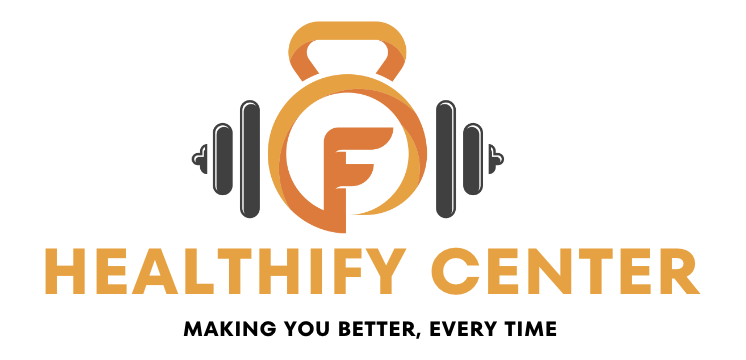Health centers play a crucial role in promoting holistic health and wellness by providing comprehensive healthcare services that address the physical, mental, and emotional well-being of individuals. These facilities offer a wide range of medical care, preventive services, and wellness programs to help people achieve and maintain a healthy lifestyle.
One of the key roles of health centers is to provide primary care services to individuals of all ages. This includes regular check-ups, vaccinations, management of chronic conditions, and treatment for common illnesses and injuries. By offering accessible and affordable primary care, health centers help ensure that individuals receive timely and appropriate medical attention, which is essential for maintaining overall health and well-being.
In addition to medical care, health centers also focus on preventive services and health education. They offer screenings for various health conditions, such as diabetes, high blood pressure, and cancer, to detect potential issues early on and provide necessary interventions. Health centers also promote healthy lifestyle choices through educational programs on nutrition, exercise, smoking cessation, and stress management. By empowering individuals with the knowledge and tools to make healthier decisions, health centers play a vital role in preventing illness and promoting wellness within the community.
Furthermore, health centers often integrate mental health and behavioral health services into their care delivery. This holistic approach recognizes the interconnectedness of physical and mental health and emphasizes the importance of addressing both aspects of well-being. By offering counseling, therapy, and support for mental health conditions, health centers help individuals manage stress, anxiety, depression, and other mental health issues, contributing to their overall well-being.
Many health centers also provide complementary and alternative medicine services, such as acupuncture, massage therapy, and mindfulness-based practices, to address the holistic needs of individuals. These integrative therapies can promote relaxation, reduce pain, and improve mental and emotional well-being, complementing traditional medical treatments and enhancing the overall wellness of patients.
In addition to direct patient care, health centers also collaborate with community organizations and public health agencies to address social determinants of health, such as access to healthy food, affordable housing, and economic stability. By working to improve these broader societal factors, health centers contribute to the overall health and wellness of the communities they serve.
Overall, health centers play a critical role in promoting holistic health and wellness by providing comprehensive, patient-centered care that addresses the physical, mental, and emotional well-being of individuals. By offering primary care, preventive services, mental health support, and integrative therapies, health centers help individuals achieve optimal health and lead fulfilling lives. Their emphasis on education, preventive care, and community collaboration makes them essential partners in promoting wellness and preventing illness within the communities they serve.

















Leave a Reply